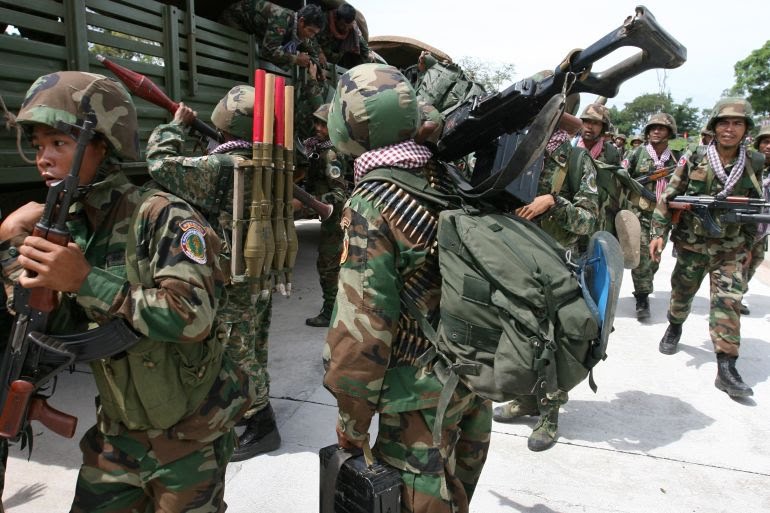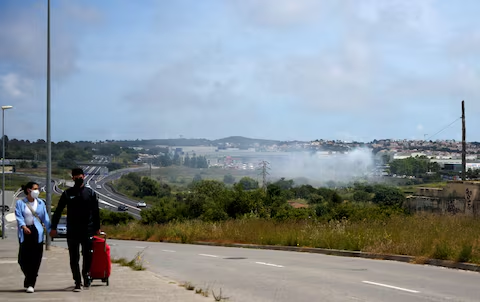Efforts to broker a peace agreement between Russia and Ukraine suffered a significant blow this week after negotiations in Istanbul laid bare the deep, unresolved differences between the two nations. Despite a renewed push by international mediators and mounting global pressure to end the conflict, the latest round of talks concluded without progress, reinforcing fears that the war may continue well into the foreseeable future.
According to sources familiar with the discussions, both delegations arrived at the Istanbul summit under heavy international scrutiny but with starkly opposing demands. Ukraine insisted that any ceasefire agreement must begin with a full Russian withdrawal from all occupied territories, including Crimea, while Russia maintained that it would only accept terms that recognize its control over key regions and reflect the “realities on the ground.”
A senior Ukrainian official told Reuters, “Russia isn’t negotiating in good faith. Their so-called peace terms are a smokescreen for legitimizing occupation and buying time to regroup.” The Ukrainian side reportedly entered the talks hopeful but cautious, backed by Western allies who had urged President Volodymyr Zelenskyy to consider a diplomatic path, even as Kyiv continues to resist Russian offensives on multiple fronts.
On the Russian side, delegates reiterated demands for Ukraine’s formal neutrality, demilitarization of certain regions, and recognition of Russian sovereignty over annexed territories. Russian Foreign Minister Sergei Lavrov reportedly described Ukraine’s demands as “delusional” and accused the West of “pushing Kyiv toward endless war.”
The negotiations, held in Istanbul under the sponsorship of Turkey and with observers from the United Nations, failed to produce even a framework for continued dialogue. A planned joint press conference was canceled, and both sides issued sharply contrasting post-talk statements.
The breakdown in talks underscores the diplomatic deadlock that has persisted since Russia’s full-scale invasion of Ukraine in 2022. While earlier attempts at negotiation—also in Istanbul—had occasionally sparked optimism, this latest effort made clear that political red lines have hardened significantly over the last three years.
International reaction was swift. U.N. Secretary-General António Guterres expressed disappointment, saying, “Peace cannot be achieved without political courage. The people of Ukraine and Russia deserve better than another year of bloodshed.” NATO Secretary-General Jens Stoltenberg called the outcome “regrettable but unsurprising,” and emphasized the alliance’s continued support for Ukraine’s defense.
Turkish President Recep Tayyip Erdoğan, who has positioned himself as a neutral mediator, urged both sides to remain open to dialogue despite the collapse of the latest round. “The doors of diplomacy must never close completely,” Erdoğan said. “Even the longest wars have ended at the negotiating table.”
Meanwhile, the humanitarian situation in Ukraine continues to deteriorate. The United Nations reports that more than 14 million Ukrainians are currently displaced, with infrastructure across major cities in ruins due to ongoing airstrikes and artillery bombardments. Russian-held territories remain largely cut off from international aid, further exacerbating suffering among civilians.
Western leaders, particularly in the European Union and United States, are now recalibrating their diplomatic strategies. Some analysts believe the Istanbul talks were a litmus test for how far Russia was willing to compromise, and the failure may lead to renewed sanctions and accelerated military aid to Ukraine.
“There is now little doubt that Putin is not interested in a negotiated peace,” said Fiona Hill, a former U.S. National Security Council adviser on Russia. “This was a theater of diplomacy with no substance, designed to create confusion and portray Moscow as open to talks.”
Zelenskyy, speaking after the talks, reaffirmed Ukraine’s stance: “We are not surrendering territory. We are not compromising our sovereignty. We will fight as long as we must.”
With both nations deeply entrenched and neither side willing to yield on key demands, the path to peace remains elusive. For now, the Istanbul summit has only highlighted the chasm that separates Ukraine and Russia—a gap that no diplomatic bridge appears ready to cross.
Source: Reuters



